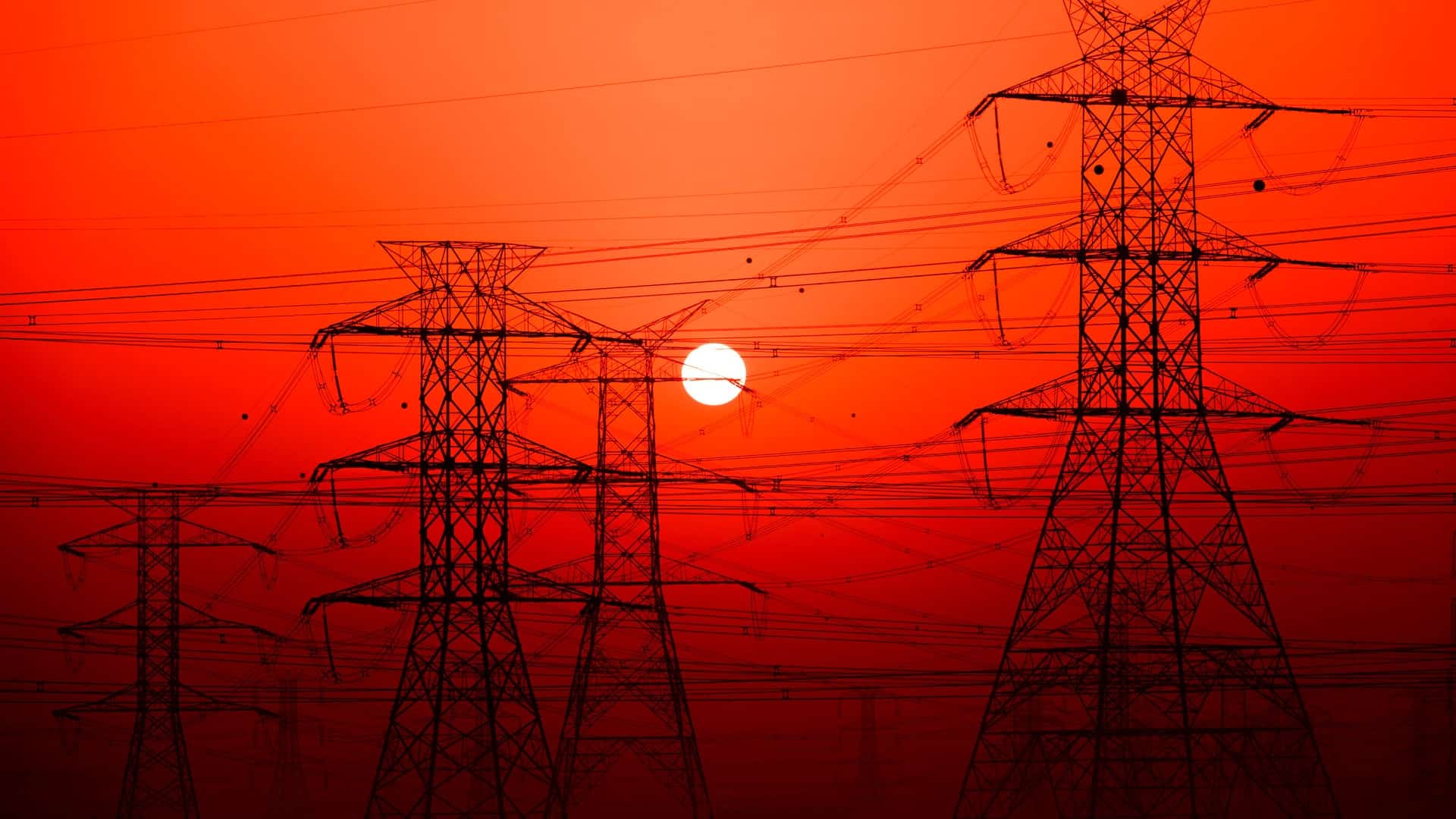The current energy prices are taking a toll on energy consumers across Europe, even more so following Gazprom’s decision to suspend gas supplies to Poland and Bulgaria.
What is needed now: rely on and improve the efficiency of energy markets
In the short-term, measures to protect vulnerable consumers are essential. But the only real sustainable solution to the current crisis is to shift away from fossil fuels, invest massively in clean energy alternatives, accelerate energy savings and unlock demand response. Preserving market signals and ensuring investor certainty is critical to channel the required volumes of private investments into renewable energy, carbon-neutral energy supply and infrastructure.
European electricity markets have proven highly effective in ensuring a secure electricity supply to consumers, while providing incentives for clean investments. Short-term wholesale markets have ensured a cost-efficient power plant dispatch, use of transmission networks and settlement of electricity contracts. Forward markets have shielded consumers from short-term volatility in the market and have sent a powerful signal for investments in renewable energy, energy storage and consumer-driven solutions, including by way of Power Purchase Agreements and long-term hedging.
What decision makers should avoid: interventions into wholesale energy price formation
We therefore urge the European Commission and all Member States to avoid changing the current electricity price setting mechanism. Short-term interventionist measures such as wholesale or retail price caps should be avoided. Such measures impair the ability of the energy market to deliver an efficient and secure supply/demand balance in the spot market, increasing the cost of the energy transition. In the long-term, these interventions can harm not only suppliers and investors but also consumers by reducing the positive welfare and climate protective outcome of integrated European energy markets.
In addition, any market interventions on electricity wholesale markets would not address the root problem of the current situation – an overreliance on imported fuels – and would fundamentally distort dispatch and investment signals indispensable to addressing the crisis. Even if limited in time, such measures can have enduring effects on the industry and market well-functioning. They will hamper Europe’s efforts to manage both the affordability and security of supply challenges we are facing and remain in line with net-zero objectives. Further, such actions do not bring Europe any closer to reducing its exposure to geopolitical externalities.
How to help consumers: focus on targeted measures for vulnerable consumers
Direct support measures targeting vulnerable consumers (Option A1 in the Communication on “Security of supply and affordable energy prices: Options for immediate measures and preparing for next winter” of 23 March) are the most cost-effective and least distortive way to meet the EU’s objective of clean energy independence. Such measures should be financed using higher EUA revenues, or through other means which do not harm the long-term wholesale market signals and bilateral contracts that are essential for investment in renewables. It is vital that governmental measures adopted in relation to the crisis do not affect long-term contracts that have already been concluded, resulting into retail activities or inframarginal technologies directly or indirectly assuming the costs of the measure. Ultimately, measures should avoid cross-subsidies between consumers. Last but not least, any options should be complemented by additional energy efficiency measures to moderate energy demand across all sectors.
How to ensure coherent decision making: coordination at EU level and dialogue with the industry
The energy industry in Europe wants the European Union to lead the resolution of this crisis situation. Coordinated action at EU level is critical to avoid market distortions, preserve the Internal Energy Market and boost investor confidence. Individual decisions, such as the joint Spanish and Portuguese proposal, are the worst option to take as they unravel the Internal Energy Market and risk fracturing a strong, united European response.
Any decision in this respect must be taken in close consultation with the energy industry, which is ready to put its experience and practical knowledge to the service of decision makers, and be subject to a thorough cost-benefit analysis before any action is taken. We explicitly welcome the recent efforts of the European Commission to provide guidelines to Member States to limit market distortions while mitigating price peaks impact, as well as the ACER final assessment of EU Electricity Market Design. We call on the European Commission and all Member States to ensure that such input is taken into due account in future decisions.
Attachments
-
 20220429_Energy prices_Joint Industry Statement
20220429_Energy prices_Joint Industry Statement
File size: 100 KB

